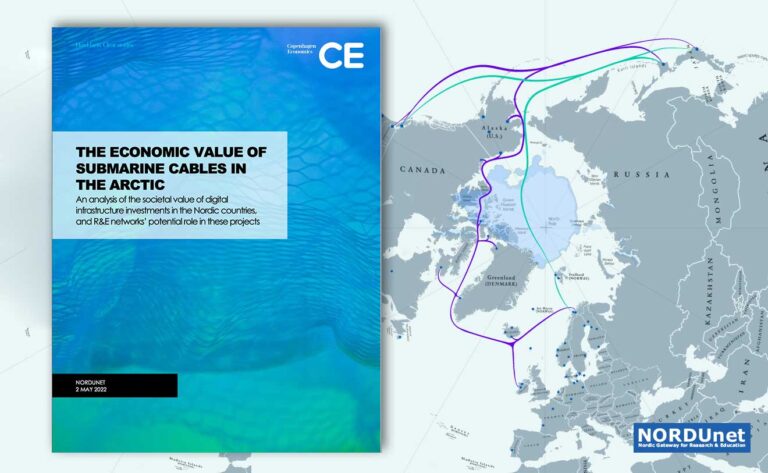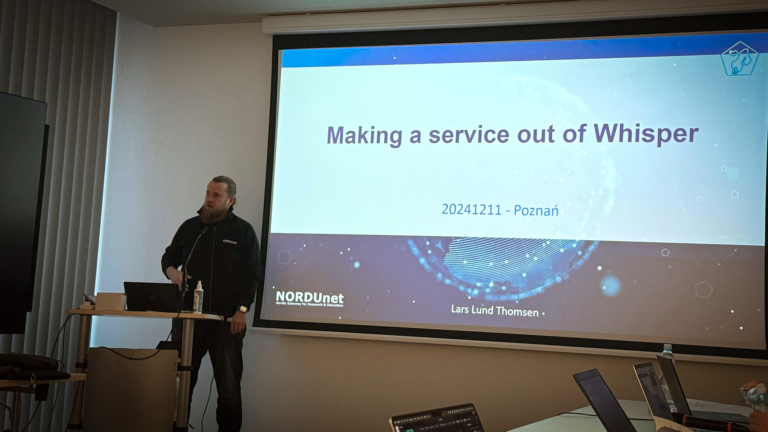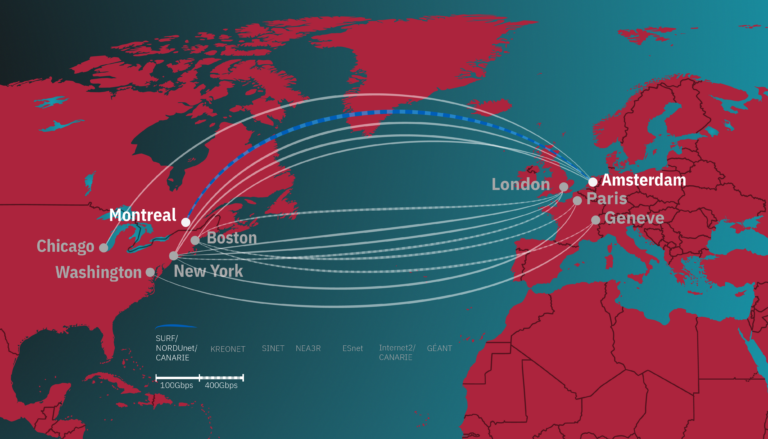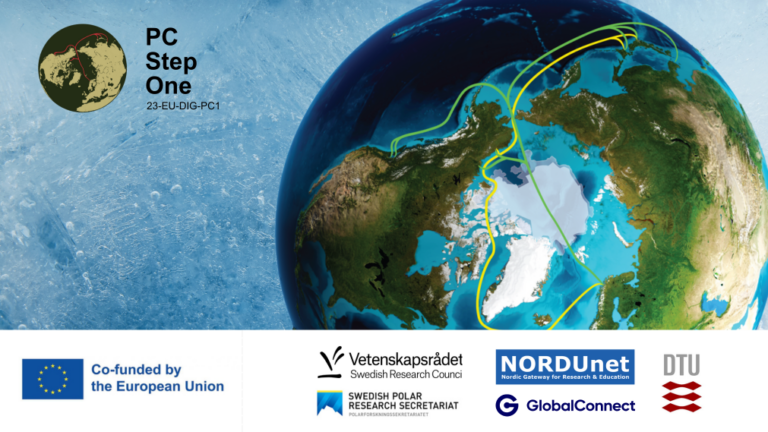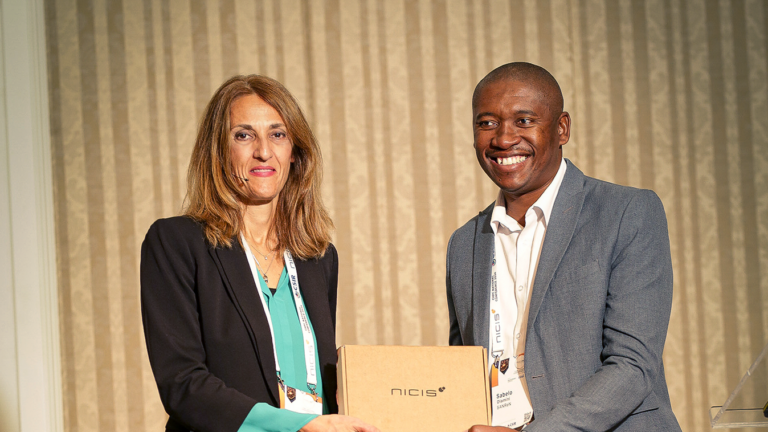A new report from Copenhagen Economics highlights the benefits of submarine cable systems through the Arctic region; They will bring resilience, mitigate digital congestion, improve sustainability, and induce more than 1 billion EUR worth of economic benefits to the Nordic region.
According to a new report The Economic Value of Submarine Cables in the Arctic written by Copenhagen Economics, the societal and economic dividends from such investments could be large. The report was commissioned by NORDUnet and the five Nordic national research and education networks (NRENs).
“Some 90 % of Europe’s Internet traffic takes place through the connections which link London, Amsterdam, Frankfurt, and Paris. Alternative routes are badly needed to prevent congestion, reduce latency, and increase resilience, not least since the world’s total Internet traffic continues to double every three years,” says Valter Nordh, CEO at NORDUnet.
Notably, an increasing amount of the traffic is intercontinental, for instance between Europe and Asia.
“If one views the Earth from a bird’s perspective – or from a satellite – it becomes clear that the shortest distance between Europe and Asia runs through the Arctics. And since a connection through Russia is out of the question, especially right now, it is evident that an Arctic route would be highly attractive,” says Valter Nordh.
Ample green energy in the Nordics
Besides greatly enhanced digital resilience, a further advantage is improved sustainability. The Nordic countries have ample renewable energy resources. Examples are hydro power (Norway, Sweden, Finland), wind power (Denmark, Sweden, Norway), geothermal power (Iceland), and tidal/wave power (Norway and others).
“The entire European continent craves renewable low-carbon energy. Instead of producing this energy in the North and with very high costs transporting it to Central Europe, it makes much more sense to move as much consumption as possible closer to where the energy production takes place. In other words, installations such as large data centers should make the most of locations in the North, which also makes sense in terms of natural cooling and hence high potential for reuse of spill heat. However, this can only be done if these data centers are well-connected through high-capacity fiber cables,” explains Jørgen Qvist, CNOO at NORDUnet.
On top of improved connectivity and sustainability comes other societal benefits, according to the new Copenhagen Economics report:
“There will be new jobs associated with the location of data centers and associated support services, but more importantly, the improved connectivity associated with a strengthened network from the Nordic region will provide new local business opportunities and increased productivity and trade (…) We estimate that an Arctic cable, for example, to Japan, could boost GDP in the Nordic region by more than EUR 1 billion annually if fully utilized.”
Two alternative routes under investigation
NORDUnet and partners are investigating both a direct route passing under the Arctic Ocean ice close to the North Pole and an alternative route through the North-West Passage between Greenland and Canada. A submarine cable system directly through the North Pole would be shorter and thereby minimize latency, but also more complex in terms of technology and thereby somewhat further into the future.
For both routes, the perspective is much wider than just relieving Central European digital congestion. Jørgen Qvist emphasizes:
“Artic connections will change the role of the Nordic networks and other digital infrastructure providers from being side branches in the European digital infrastructure to becoming key hubs and a transit area in the global Internet. The societal, environmental, and economic dividends from investing in these connections will – as demonstrated in the Copenhagen Economics report – be huge for the Nordics and for Europe as a whole.”
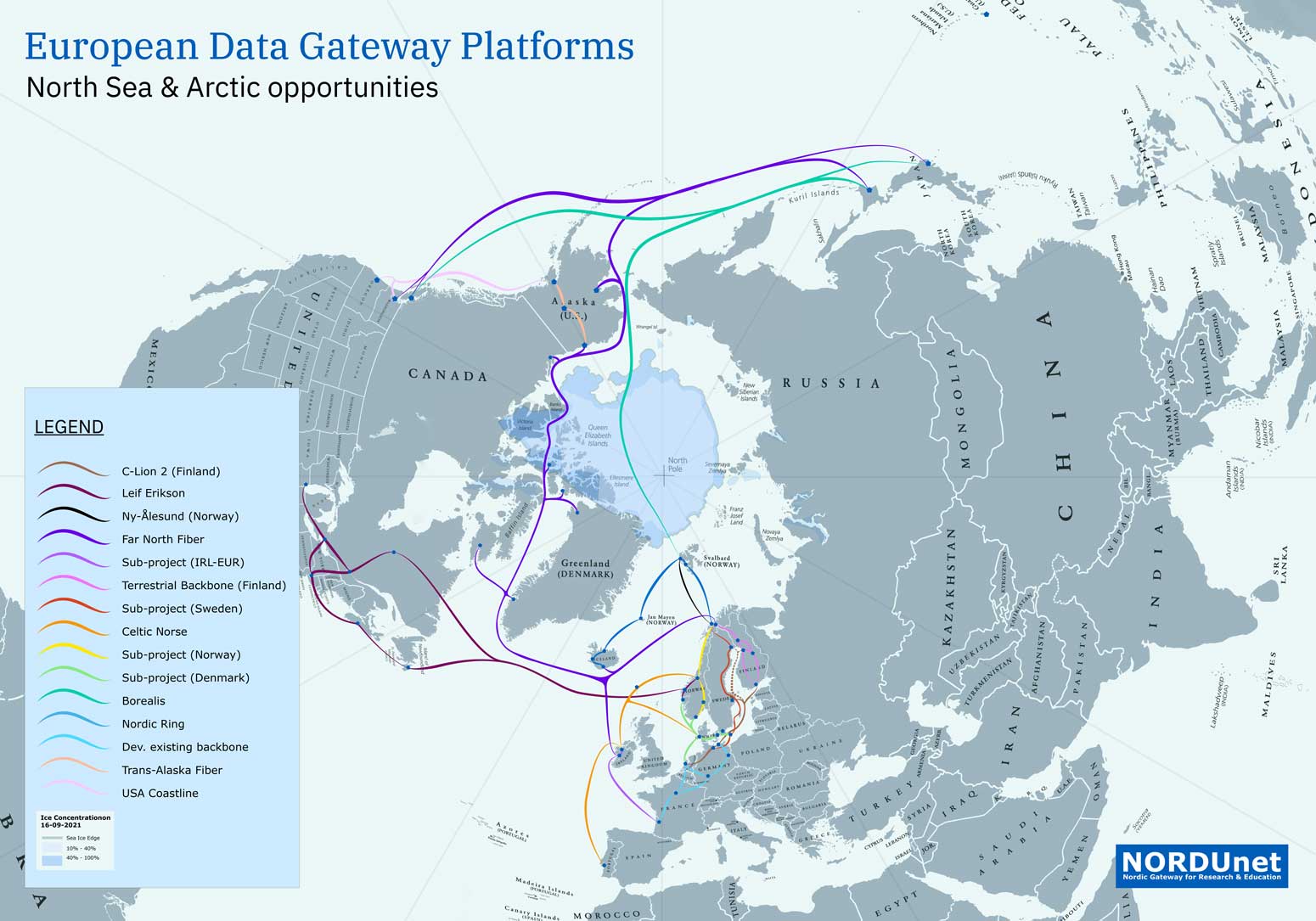
More information in the attached press release.
The full report is available from Copenhagen Economics.


